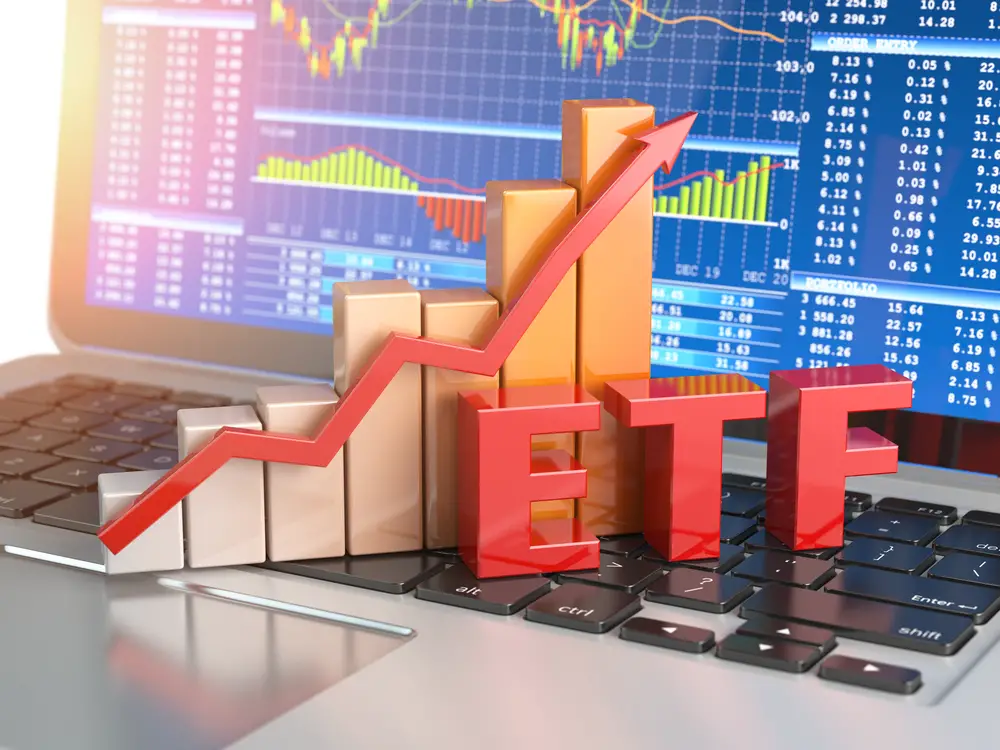When you are starting your investment journey, what should you buy? Before you park a few hundred dollars in a financial profit, it is first important to equip yourself with some basics. Knowledge is the best way to not only grow your money, but to also shield your dollars and cents from some of the pitfalls of equities, bonds, and the broader financial markets.
You may have come across something called an exchange-traded fund (ETF). What is it, and how do you buy one?
An ETF is a type of investment that pools stocks, bonds, and cash or tracks an underlying index. ETFs trade similarly to stock in the sense that it moves up and down throughout the trading session, and you can purchase shares in real-time.
How does this differ from a mutual fund? A mutual fund also has a collection of stocks and bonds, but you acquire units, and your transaction is settled at the end of the trading session.
Right now, you might be unsure which is more suitable for your investment strategies. Let’s take a look at ways ETFs are superior to mutual funds.
1. The Simplicity of ETF Investing
Investing is complicated enough. You need to check key performance indicators (KPI). You need to come up with a price point to buy and sell. You need to read through the financials. Indeed, there is a lot to do before you hit that buy button.
Wouldn’t it be great if there was an investment strategy that was a little less complicated?
The appeal of ETFs is that you can buy shares at one price with one trade. With a click of a button, you can open, add to, or close your position.
Mutual funds are a bit harder to trade, requiring you to open an account and create a mutual fund portfolio (an often-daunting process for beginner investors). Not to mention the length of time it takes to sell units or liquidate your holdings.
2. Lower-Cost Option
One of the main differences between ETFs and mutual funds is that the former is passively managed, and the latter is actively managed.
As a result, ETFs come with lower costs, while mutual funds are subject to higher management fees. It makes sense, considering that mutual fund managers are paid for their time and expertise to get the best returns for their clients.
But ETFs essentially track the return of a benchmark without selecting specific assets. And, if you are homing in on a specific niche market – such as agriculture or Emerging Markets – and you don’t have the time to research individual companies, ETFs will create your best-fit portfolio for you, without a hefty management fee!
3. Tax Advantages
In general, ETF can be a far more tax-efficient investment product in comparison to mutual funds. Both ETFs and mutual funds are subject to capital gains tax, as well as taxation of any dividend income, however since most ETFs are passively managed, they tend to incur fewer market transactions. Mutual funds managers in contrast, will engage in more buying and selling activity, generating higher capital gains, and a higher annual tax bill.
4. Market Flexibility
How flexible are ETFs?
The United States financial market is home to more than 2,000 ETFs – and growing. The industry is incredibly diverse, and here are just some of the various types of investment products you can purchase:
- Procure Space (UFO): An ETF that tracks a portfolio of companies in space-related businesses.
- SoFi Weekly Income (TGIF): An ETF that offers a weekly income by investing in U.S. dollar-denominated investment-grade and non-investment-grade instruments.
- Defiance Next Gen SPAC Derived (SPAK): A fund that invests in the performance of Special Purpose Acquisitions Corporations (SPACs).
- The Obesity ETF (SLIM): An exchange-traded fund that holds assets in health care companies specializing in fighting obesity, diabetes, and other related medical care.
With hundreds of ETFs to choose from, you can count on finding a “best fit” ETF that aligns with your investment goals and personal interests.
5. Quick Liquidation
The problem with mutual funds and ETFs is that once you sell your units, it could take up to ten business days to see the money in your bank account. Thankfully for ETFs, innovators like Finch are making it easier to cash out of your investments, instantly. This means you no longer need to have your money locked away for it to be working for you.
The longer you invest in ETFs, the more you will ask yourself, “why didn’t I invest in ETFs sooner?” It is understandable, considering the long list of benefits available to both beginner and seasoned investors: monthly dividends, a lower expense ratio, greater liquidity, the flexibility to buy and sell at any time…this is investing made simple.



